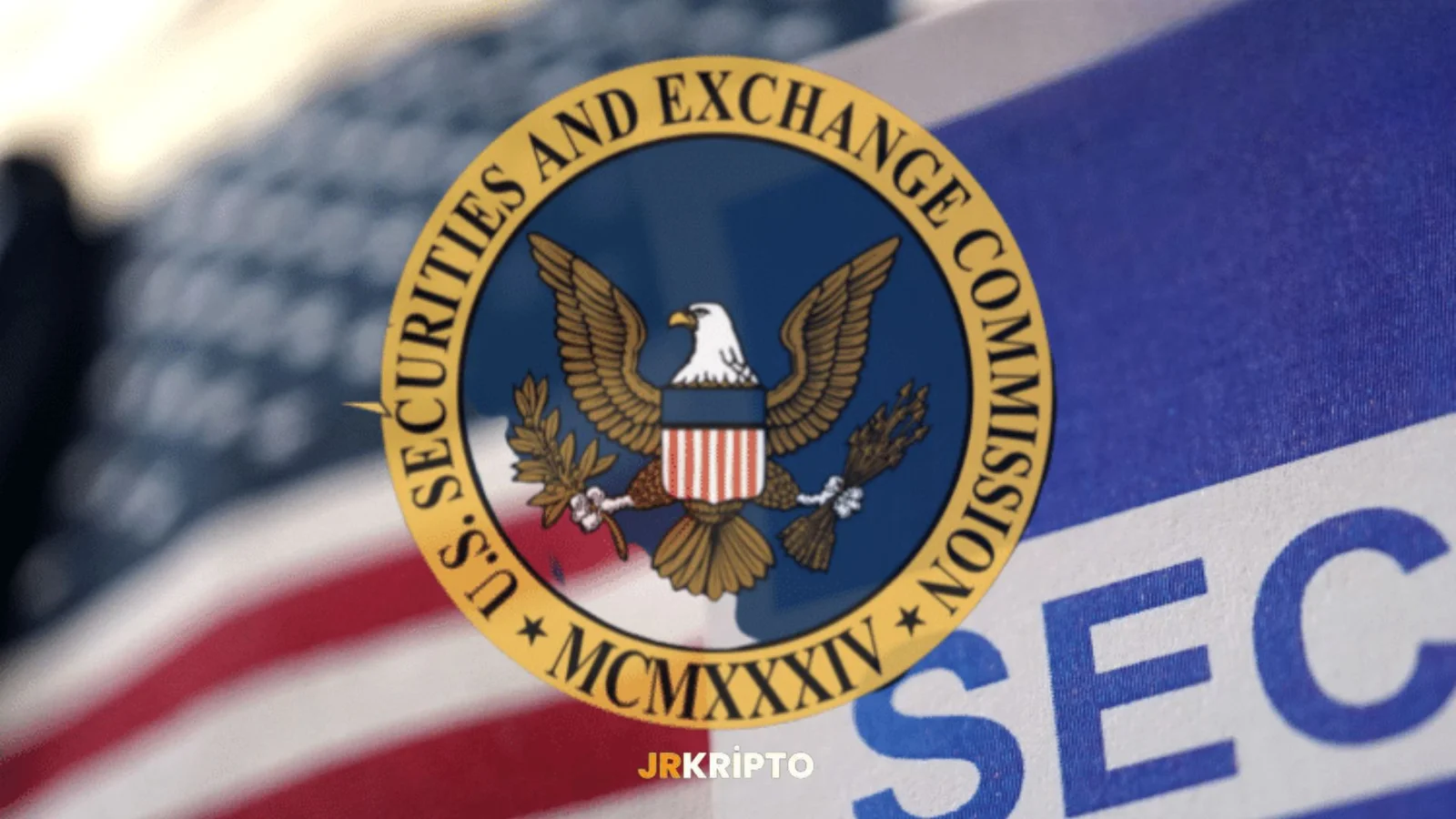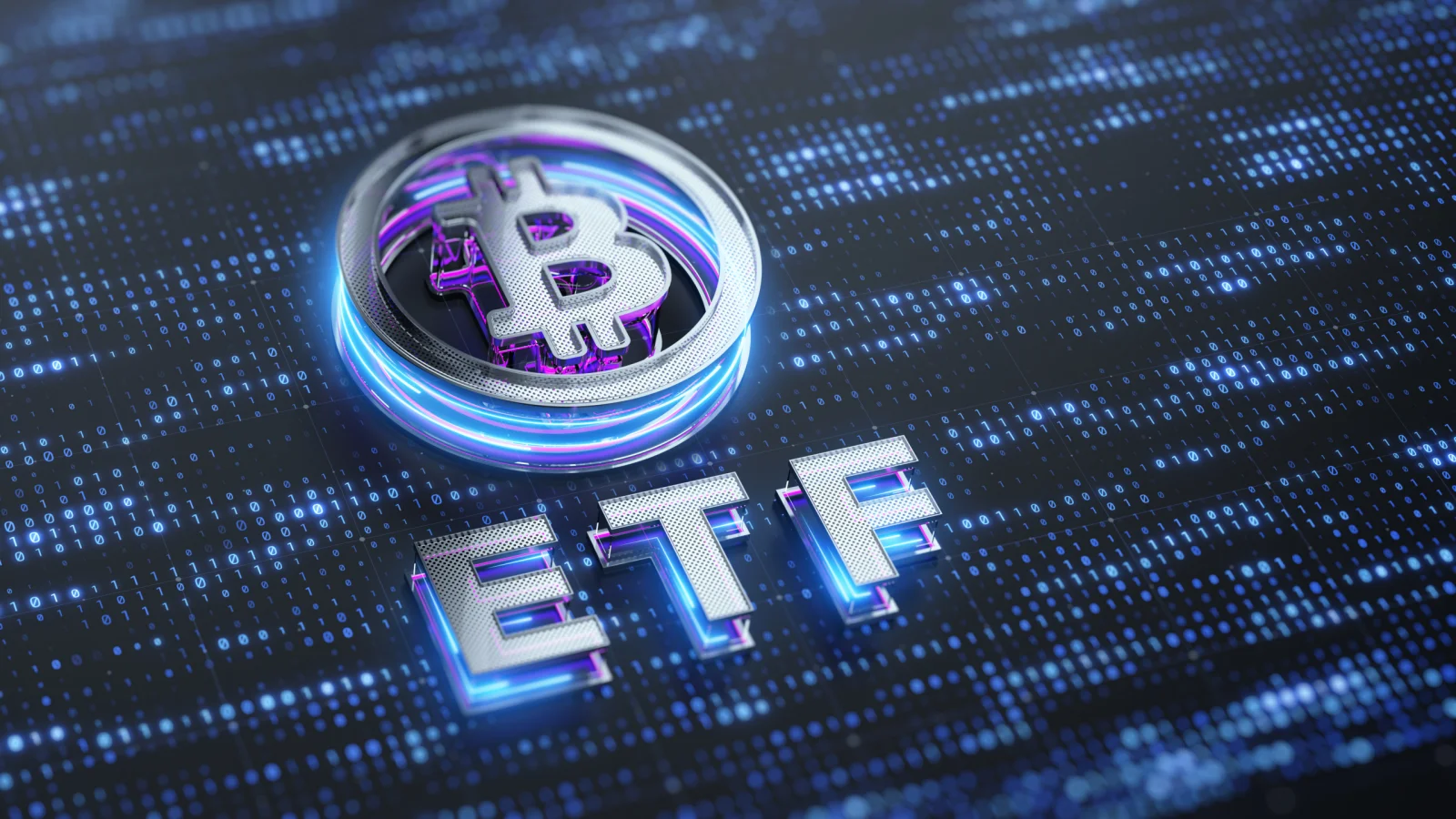The U.S. Securities and Exchange Commission (SEC) Has Released New Guidance on Staking—A Long-Awaited Move for the Crypto Industry
The document brings important changes for both individual investors and platforms in the crypto space. A more nuanced approach is now in place—depending on who is doing what.
No Action Against Those Staking Their Own Assets
According to the SEC’s statement, individuals staking their own crypto assets—such as by connecting to a proof-of-stake (PoS) network to earn rewards—will not be considered as engaging in securities activity. In other words, there is no regulatory risk for users who stake on their own behalf and serve as validators on the network. Since no one else’s funds are being taken or managed, the SEC does not intervene. This is a notably reassuring development for individual users.
But It’s a Different Story for Platforms
Things change when it comes to platforms offering staking services. Systems that take users’ funds, stake them on their behalf, manage rewards, and sometimes automatically re-stake—these are squarely on the SEC’s radar.
The Commission clearly stated that such services could be considered “securities offerings.” This means that exchanges and service providers involved in these activities may need to register with the SEC and ensure proper disclosure to investors. The extent to which users lose control over their assets is now a much more critical factor.
Not Just Staking—Tokenization Is Also in Focus
The SEC’s published document doesn’t only address staking. It also focuses on the tokenization of assets—transferring traditional assets onto the blockchain. One of the discussions on this topic took place with Payward (Kraken’s parent company). The new SEC leadership aims to establish more dialogue with the industry and prioritize clarity over strict enforcement. This aligns with the approach of Paul Atkins, the new SEC chairman appointed after Trump’s return: “Encourage compliance, not punishment.”
The Nature of the Activity Matters—But Who Does It Matters Even More
The SEC’s message is clear: the same staking activity can have different legal implications depending on who is performing it. For those doing it on their own behalf, there is no issue. But those doing it on behalf of others now carry significant legal responsibilities. The crypto industry is maturing, and in the process, things are becoming clearer. Everyone must better understand—and explain—what they are doing and for whom.




